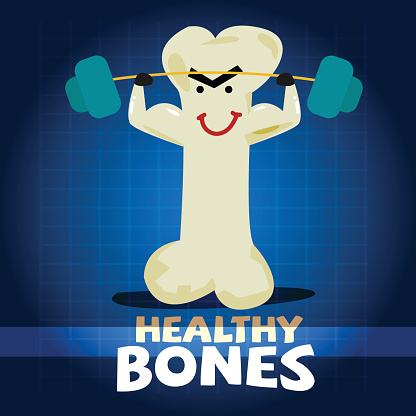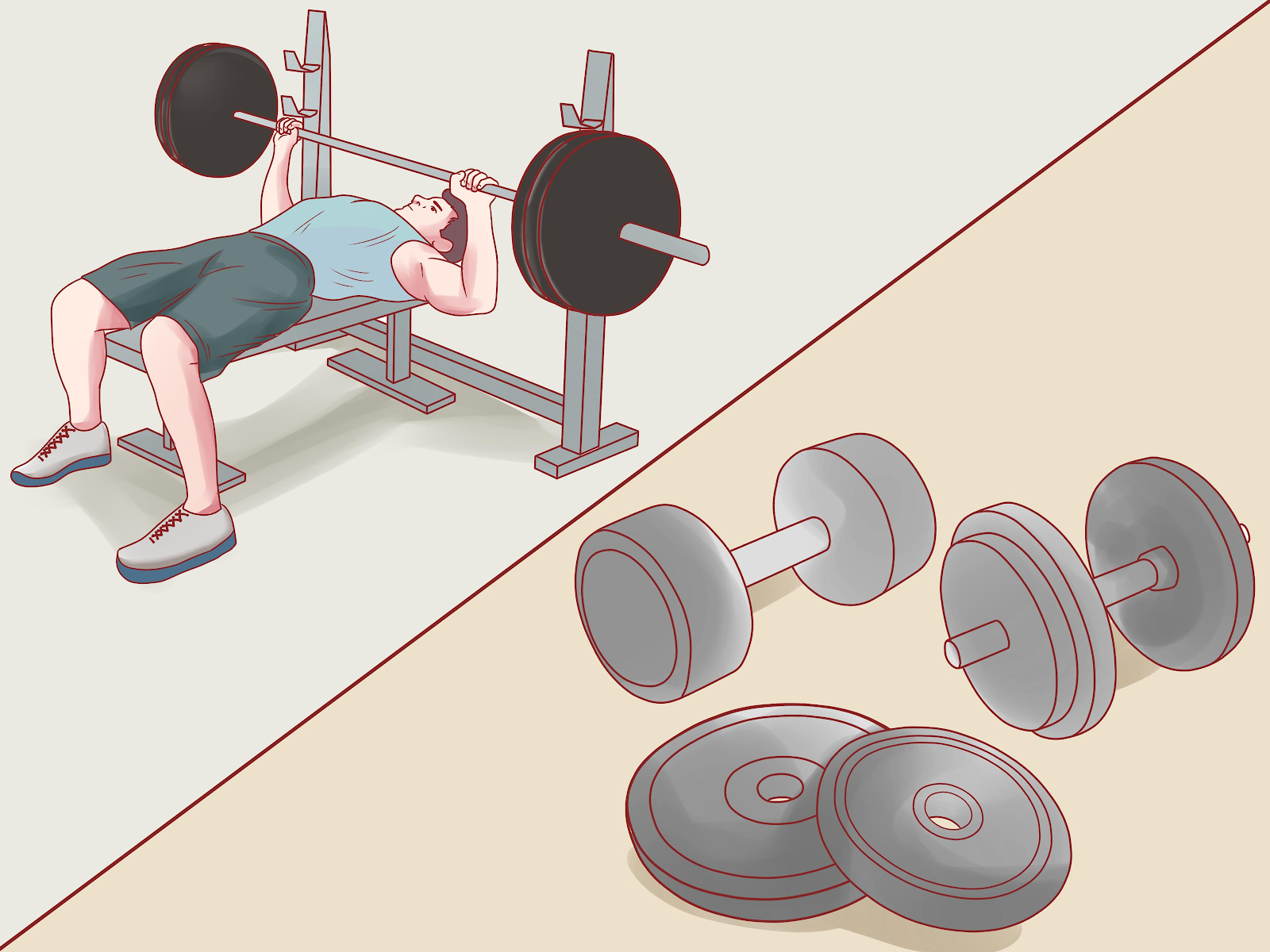Building Strong Bones: A Comprehensive Guide
Strong bones are very important for our overall health. They provide support for our bodies, protect vital organs, and enable us to move freely. However, maintaining bone health requires a combination of factors including a balanced diet, regular exercise, and certain lifestyle choices. In this blog post, we will delve into the various ways you can make your bones stronger and more resilient.
Nutrition for Strong Bones
Calcium-Rich Foods: Incorporate dairy products like milk, cheese, and yogurt into your diet. Dark leafy greens, almonds, and tofu are also excellent sources of calcium.Vitamin D: This vitamin is for calcium absorption. Spend time outdoors in the sunlight, and include foods like fatty fish, egg yolks, and fortified cereals in your diet.
Magnesium and Vitamin K: These nutrients play a role in bone metabolism. Include foods like nuts, seeds, spinach, and broccoli into your meals.
Limit Caffeine and Soda: High consumption of caffeine and carbonated beverages can interfere with calcium absorption. Moderation is key.
Avoid Excessive Salt and High Phosphorus Foods: These can lead to calcium loss in urine. Reduce intake of processed foods and soft drinks.
Weight-Bearing Exercise
Strength Training: Engage in weight-bearing exercises like weight lifting, resistance band workouts, or bodyweight exercises. This stimulates bone remodeling and strengthens bones.Cardiovascular Exercise: Activities like walking, jogging, and dancing help to maintain a healthy weight, which is essential for bone health.
Balance and Flexibility Training: Yoga, tai chi, and Pilates can improve balance and flexibility, reducing the risk of falls and fractures.
Maintain a Healthy Lifestyle
Avoid Smoking: Smoking has been linked to decreased bone density. Quitting or avoiding smoking altogether is beneficial for bone health.Limit Alcohol Consumption: Excessive alcohol can interfere with calcium absorption. Moderation is advised.
Adequate Sleep: Ensure you get 7-9 hours of quality sleep per night. Sleep is essential for bone regeneration and overall health.
Regular Health Check-ups
Bone Density Tests: For those at higher risk of bone loss, such as postmenopausal women and older adults, bone density tests can help monitor bone health.Consult a Healthcare Provider: If you have specific concerns about your bone health or are at risk for osteoporosis, consult a healthcare provider for personalized advice and treatment options.
Supplements (if necessary)
Consult a Doctor: If you have a deficiency in calcium, vitamin D, or other essential nutrients, consult a healthcare provider for appropriate supplements.
Conclusion
Maintaining strong bones is an important part for a healthy and active life. By adopting a balanced diet, engaging in regular exercise, and making positive lifestyle choices, you can significantly improve and maintain your bone health. Remember to consult a healthcare provider for personalized advice, especially if you have specific concerns about your bone health. With the right approach, you can build and maintain strong, resilient bones for years to come.







0 Comments